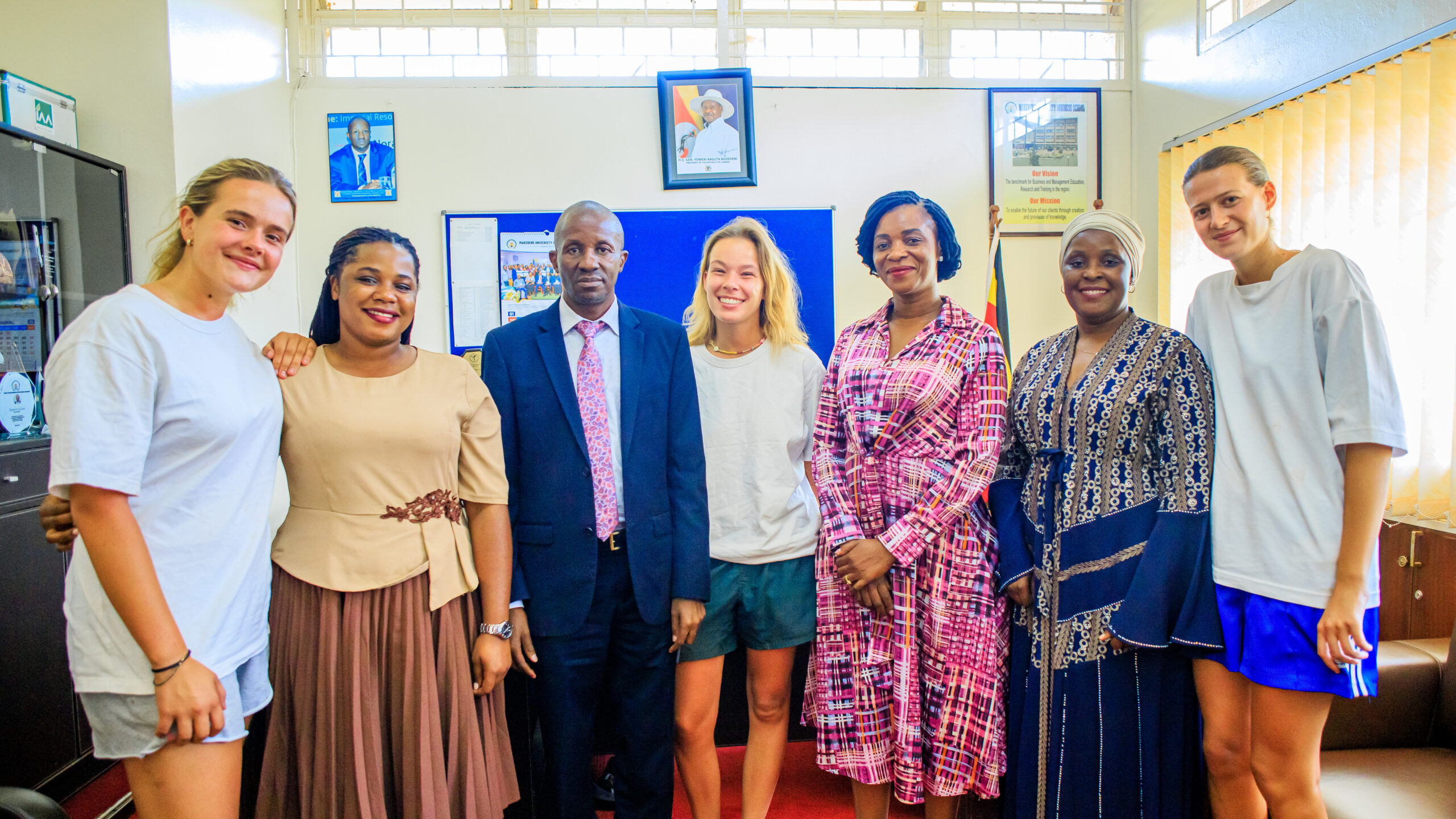On January 15th, the mentors at the Makerere University Business School Entrepreneurship, Incubation and Innovation Centre led by Remmie Kirunda Katare together with 3 interns from the Technology University Netherlands,…
MUBS EIIC continues to nurture innovation through its exchange program with the Technology University in the Netherlands


